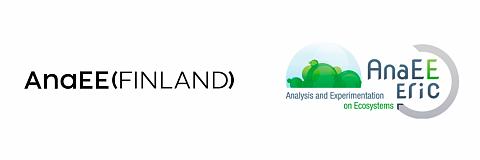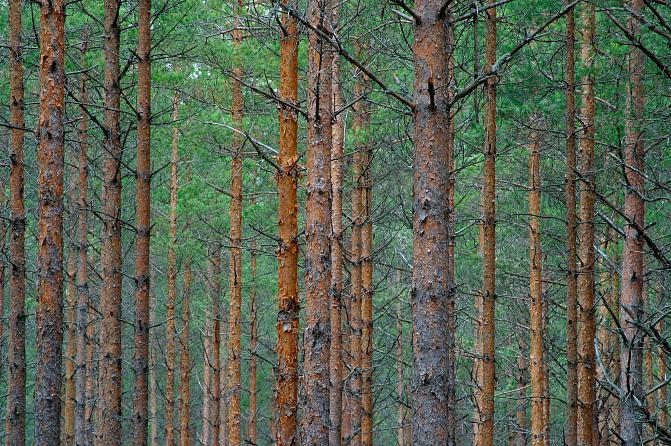
Suonenjoki research infrastructure
On this page
In Suonenjoki, a high-quality forest cultivation chain and horticultural production adapted to climate change are being developed. The Boreal Forest Regeneration research platform in Suonenjoki is part of AnaEE, the European infrastructure for experimental ecosystem research.
Suonenjoki is home to the only forest seedling research nursery in the Nordic countries, with an annual production capacity that can be adjusted according to experimental needs—up to one million seedlings. The Suonenjoki site covers approximately 40 hectares and is established on sandy pine forest soil. The area offers excellent conditions for short-term open-field testing of seedlings.
In Suonenjoki, a high-quality forest cultivation chain is being developed, where rapid regeneration, tree species and provenances suited to future climates enable the creation of productive, resilient, healthy forests that efficiently sequester carbon.
Climate-adaptive horticultural production is also being developed in Suonenjoki. Research is conducted to support berry and fruit cultivation in northern conditions, and woody garden plants are cryopreserved as part of the plant genetic resources program.
Climate-controlled cultivation environment
The cultivation facility, consisting of climate-controlled greenhouse compartments and cultivation cabinets, enables year-round research into the annual cycles of tree and horticultural seedlings. It also allows simulation of climate change effects, research on the quality of light on horticultural plants, and research on substrates and soil. Additionally, seedlings can be grown for cold hardiness testing and for producing small experimental batches prior to larger-scale seasonal trial.
- Greenhouse compartments with adjustable temperature, lighting, and automatic irrigation.
- Growth cabinets with adjustable air temperature, humidity, day length, and light intensity and spectrum.


Seed research platform
The seed research platform supports the creation of flowering and seed yield forecasts and contributes to direct production research conducted in seed orchards. Seed research is also directly connected to forest seedling research, as forest breeding is implemented through seed production.
- Seed quality assessments, pre-treatment, pathogens, and cone damage.
- Germination tests under special conditions.
- Imaging for determining seed quality.


Platform for cold hardiness research
Cold hardiness is studied in freezing cabinets. Sample materials can be pre-processed and stored in advance, and further cultivated after freezing exposure under controlled light and temperature conditions, or incubated in growth cabinets.
- Freezer storage, freezing test area, seedling cultivation space, and plant hardening area, all with temperature control.
- Acclimation room with adjustable lighting and photoperiod.
- Laboratory analysis of samples.
- Imaging microscopy, stereomicroscope and 3D microscope, hyperspectral camera, portable fluorometer, conductivity meter, and autoclave for observing frost damage.
- Sample storage under controlled conditions.
- Cryopreservation of horticultural plants as dormant buds.
Seedling production research platform
The seedling production research platform enables various seedling cultivation solutions that are close to production scale. Factors affecting the profitability and quality of seedling production, the annual cycle of cultivation, insect control, and diversification of tree species can be studied.
- Tray filling and sowing line.
- Plastic greenhouses with frost heating.
- Outdoor growing areas with irrigation ramps and short-day treatment equipment.
- Short-term open-field testing plots.
- Hardening and outdoor storage field for seedlings.
- Freezer storage for overwintering seedlings.
- Pre-treatment area with pH and conductivity meter, scale, press juice extractor, and temperature cabinet.


Plant stress field
A test field enables simulation of climate change effects on seedling performance in natural conditions.
- 4 blocks, each containing 6 test plots.
- Some plots are heated, while others serve as control plots.
- Heating can be applied both underground via soil cables and from above using infrared lamps.
- It is also possible to regulate the amount of rainfall on the test plots.
Growth tunnels
Berry research growth tunnels are suitable for developing tunnel-based berry production, such as testing new substrates, fertilization programs, plant protection solutions, and new crop species.
- Three-part block tunnel (e.g., for raspberry), 637 m², with supports for 3 raspberry rows of 25 m each.
- Solo tunnel (e.g., for strawberry), 440 m², with cultivation gutters allowing 6 treatments with four replications.
- Precise condition monitoring.
- Extensive customization of irrigation and fertilization programs, enabling 6 irrigation groups and 18 different fertilization recipes.
- Collection and analysis of runoff water (volume, temperature, pH, EC).
- Nutrient monitoring and filtration (spot measurements).
- Heating capability.
Forest cultivation and early management platform
The platform enables field testing of seedlings, research on the effects of soil preparation and direct seeding methods, as well as treatments applied during planting.
- Pre-test field for field trials (semi-controlled, with protection against animal damage).
- Portable research equipment.
Shared facilities and equipment
- Dirty pre-treatment area for handling substrates and samples.
- Clean pre-treatment area for sample processing.
- Microscopy room, e.g., for disease and pest observations.
- UVC treatment device.
- Portable measurement equipment for plant physiological measurements.
- Cold storage for samples (+4 °C).
- Freezer storage for seedlings (−4 °C).
Research forests
- The total area of the Suonenjoki research forest is 461 hectares, consisting of 6 different plots in Suonenjoki (5) and Pieksämäki (1).
- Of the total area, 95% is forest land. In terms of habitat type, the forest land is mainly fresh forest, 76%. The remainder is deciduous and dry forest.
- In terms of treatment lines, the Suonenjoki study forests include the normal good forest management line, the mature forest line, the dense forest line, the natural development line and the research theme area.
- The average volume of the stand is 196 m3/hectare.
Areas of research
- Forest plant production: development and research of plant production methods.
- Plant protection: testing the efficacy and usefulness of plant protection products used in forestry.
- Forest pathology: plant diseases of forest trees and nurseries.
- Forest tree seed production: development of seed production in seed orchards and seed research in the seed laboratory.
- Silvicultural research: regeneration, early harvesting, nursery and pre-harvesting and silvicultural logistics.
- Plant climatic tolerance: testing and research on the annual cycle and stress tolerance of forest tree seedlings and horticultural plants.
- Forest breeding: field trials in forest breeding.
- Horticultural research: vegetative propagation and resistance testing of certified mother seedling production and strawberry seedling production methods.
- Substrate testing
- Seedling climatic tolerance testing
RI services of Suonenjoki
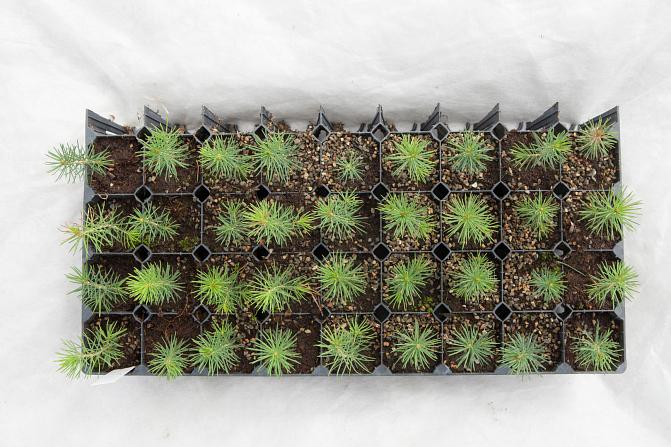
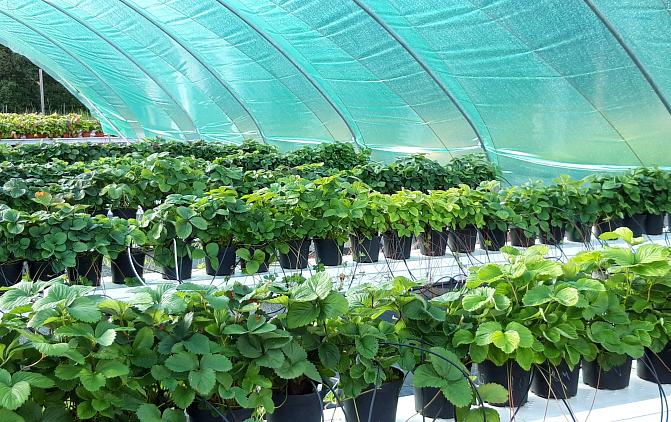
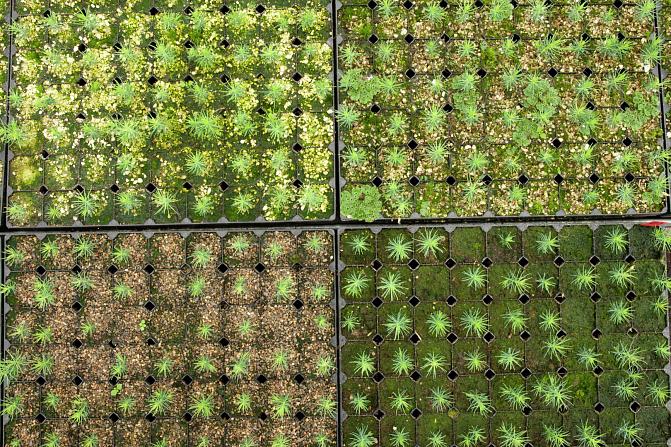
Contact
